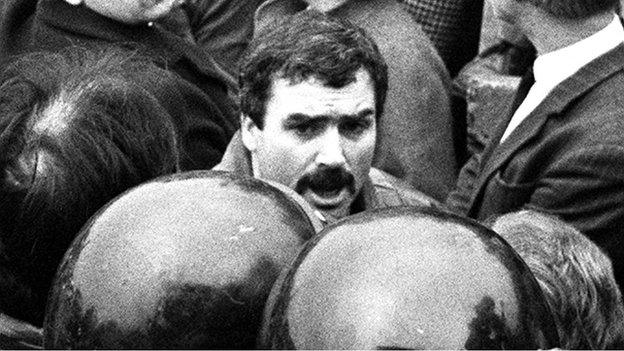Stakeknife: Investigation may result in prosecutions, John Boutcher says
- Published
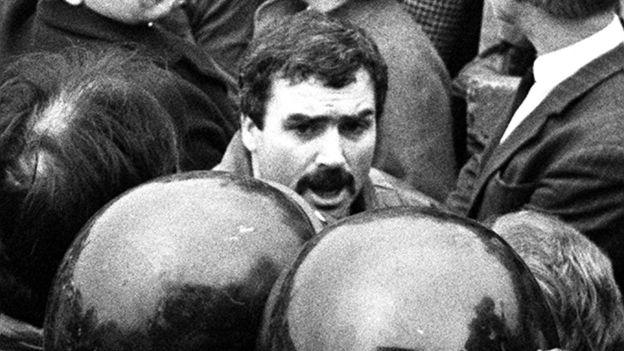
West Belfast man Fred Scappaticci denies he was an Army agent within the IRA
The man leading the investigation into the activities of the Army's alleged top agent in the IRA, Stakeknife, has said he believes it will result in prosecutions.
The agent, named by the media as Belfast man Freddie Scappaticci, is alleged to have been involved in more than 50 murders.
He denies the allegations.
Jon Boutcher, the Chief Constable of Bedfordshire, was appointed to lead the investigation, in June.
The investigation, codenamed Operation Kenova, is also examining the activities of current and former police officers, members of the army and MI5, and former members of the IRA.
In an interview for the BBC, Mr Boutcher was asked if he believed it would result in criminal prosecutions.
"I wouldn't be doing this investigation if I didn't believe that I could get the evidence to present a case to a public prosecutor to see a trial of those who are responsible for this," he said.
"I am determined to do everything I can to achieve that. Whether I do or not, time will tell.
"Everything that can be done to achieve justice for those victims, which is long overdue, we are going to do."
Mr Boutcher has assembled a team of 48 detectives, who will all be in place by 7 November.
As well as investigating the alleged activities of Stakeknife, the team will also examine the activities of police officers, military personnel and MI5 staff who have had direct dealings with him.
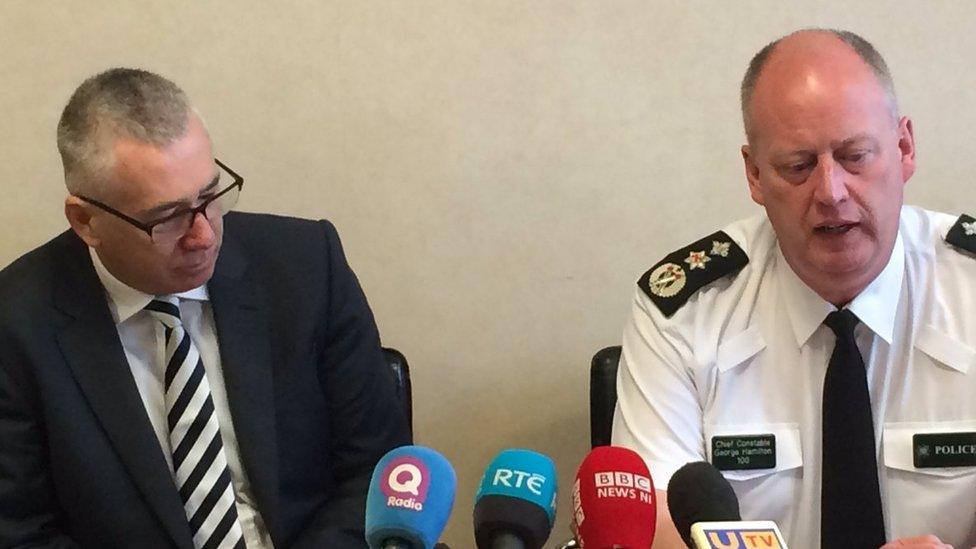
The Chief Constable of Bedfordshire Police, Jon Boutcher (left), is leading the investigation with the delegated authority of the PSNI Chief Constable George Hamilton
"We will be investigating the people who were hands on responsible," he said.
"We will be investigating any state actors, the security service, the military, the police, who may have been responsible for directing, tasking, receiving information about what happened to those victims to understand what they did or did not do."
He added that "if there is any evidence of criminal offences we will capture that evidence and will present that evidence with regard to any prosecutions that may be required".
However, the investigation's terms of reference do not stop there.
Freddie Scappaticci is alleged to have been a member of the IRA's internal security unit.
Nicknamed "the nutting squad", it was responsible for identifying and killing informers.
Mr Boutcher stressed that the investigation will include allegations about members of that IRA unit.
"Those murders were sanctioned, they were authorised, they were directed by senior members of the IRA, so we will follow that evidence," he added.
The head of Operation Kenova said he had been given "very clear assurances" by the police, the Ministry of Defence, the Army and MI5 that they will not do anything to obstruct his investigation, and will "co-operate fully".
He has also written to the agencies instructing them to retain any documents and information that could be relevant to his investigation.
Asked if he would have to seek permission from the security services to question or arrest the agent codenamed Stakeknife because he is in a witness protection programme, Mr Boutcher said that is not the case.
"If somebody is in a witness protection scheme, that scheme is there for their physical welfare, it's to make sure they can't come to harm because there might be a threat against them," he said.
'Significant evidence'
"What it does not afford that individual is any immunity from any acts that they've committed in the past.
"What that doesn't afford that individual is any protection from any of the investigative leads, strands, opportunities that I or any other investigators in Operation Kenova may seek to take.
"To be very clear, that scheme and the fact that somebody may be on a witness protection scheme doesn't protect them from this investigation."
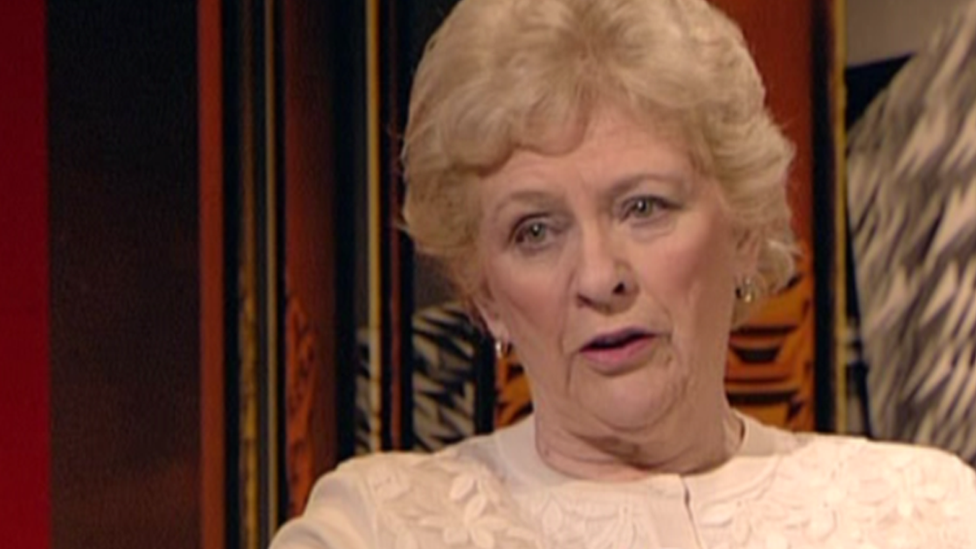
Nuala O'Loan is among the six international policing experts appointed to oversee the investigation
Mr Boutcher met relatives of some of the people alleged to have been killed by Stakeknife in Belfast this week and said significant new evidence has already been uncovered from those conversations.
He also expressed surprise that the killings and allegations against the Army agent Stakeknife had not been properly investigated much sooner.
"I won't criticise what's gone before, a lot of these offences occurred many, many years ago, at a very difficult time, a time that I probably can't properly comprehend because I wasn't here," he said.
"But those families, when I've asked them questions about any investigation that may have taken place, they've told me they've never spoken to any police officers about the deaths of their loved ones.
"I will say we've listened to what I would describe as very significant evidence with regards to the activities of people responsible for these murders that probably has never been heard before."
Mr Boutcher has established a panel of six international policing experts to act as "critical friends" and provide advice to the investigation team.
A second team of six victims' representatives has been appointed to address the needs of Stakenife's alleged victims and their families.
- Published14 October 2016
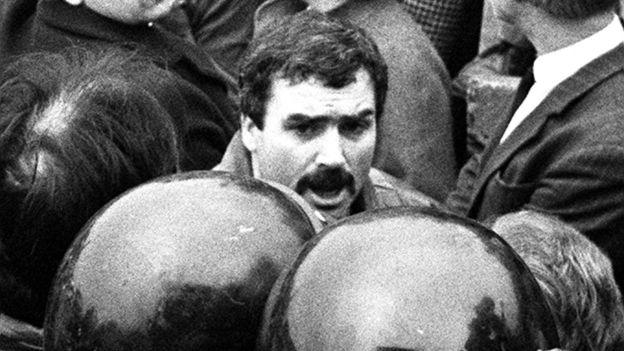
- Published10 June 2016

- Published25 February 2016
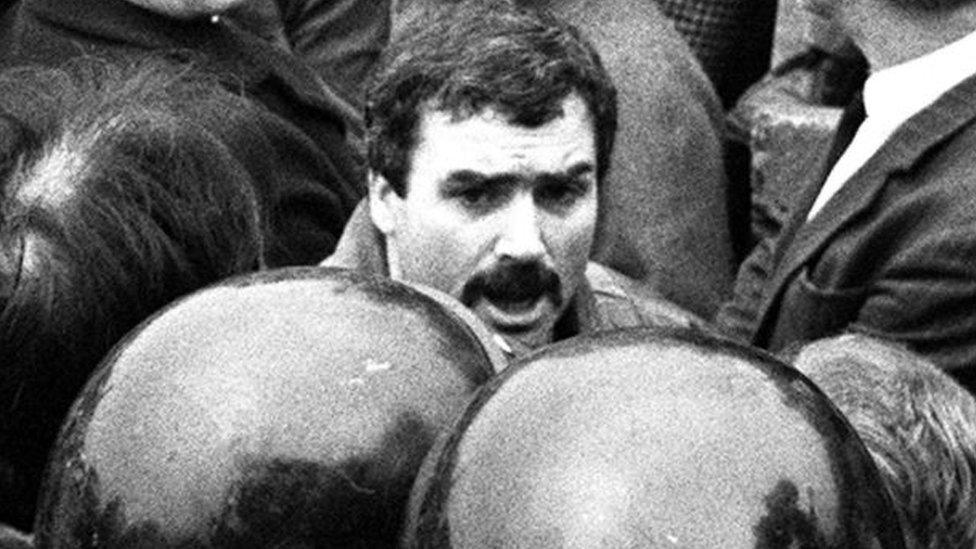
- Published23 October 2015
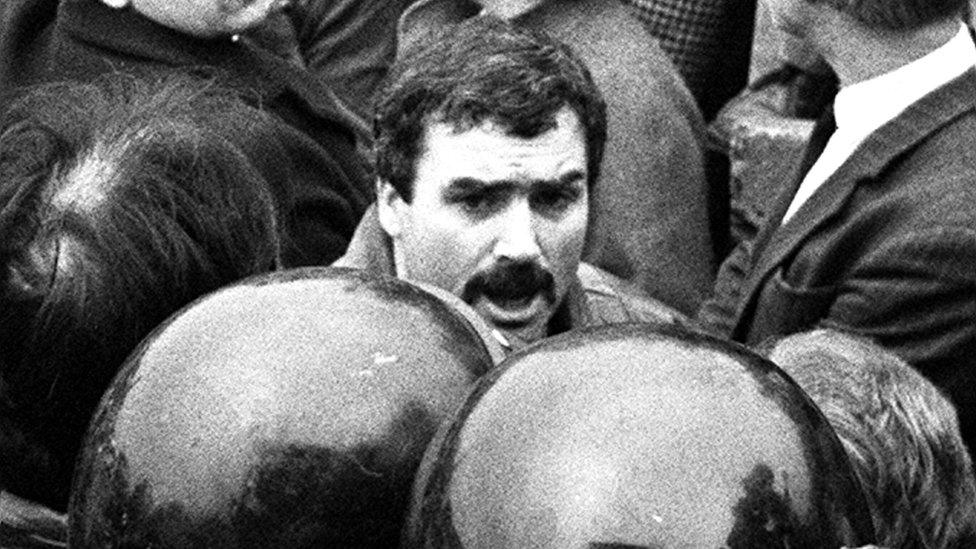
- Published21 October 2015
